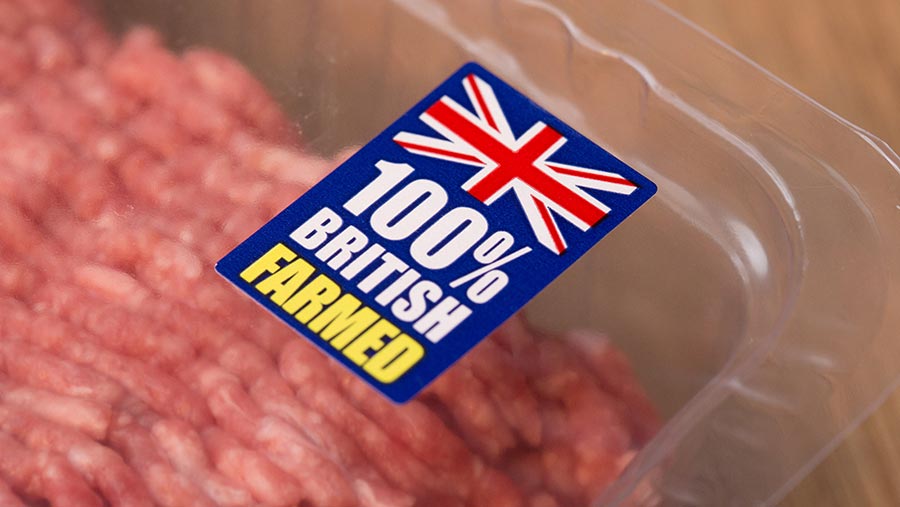NFU Live: £2m campaign launched to give UK food exports a push
 © Tim Scrivener
© Tim Scrivener Farmers are being urged to “seize the opportunities” offered by emerging markets beyond Europe, and are being offered additional government support to help them do so.
Announcing a new £2m “Open Doors” campaign at the NFU Live conference on Tuesday (23 February), international trade secretary Liz Truss insisted that UK agriculture stood to gain from the more liberal approach to trade the government is pursuing outside the EU.
The high quality of UK produce made it “highly competitive in the global marketplace and highly appealing to growing middle classes in parts of the world such as Asia”.
See also: Let’s get British food to top of global menu, says Liz Truss
“We need to look beyond our shores,” she said.
“By the end of this decade, 66% of the world’s middle-class consumers are expected to be found in Asia, and they are hungry for top-quality food and drink.”
Higher prices
Ms Truss noted that meat prices are higher in Asia than Europe, while the US – which has recently started taking British beef for the first time in more than 20 years – is also the world’s second largest lamb importer.
She said it was time for British food exporters to “take it to the next level”, noting that New Zealand produced just 3% of the world’s milk, yet captured 30% of the global trade value.
Working closely with the NFU, the Food and Drink Federation (FDF) and the AHDB, the government will provide practical help for farmers and producers, including special exporting masterclasses and a new mentoring programme to help would-be exporters start selling internationally.
Initial funding will amount to at least £2m, but Ms Truss said this was just the start of a campaign that would build over time.
She also indicated that, given the UK was now an independent trading nation, with new powers to negotiate tariffs as well as market access, her department was keen to install more agri-food counsellors in offices around the world to promote British food.
This news was welcomed by NFU president Minette Batters, who said Britain’s food and drink had a “stellar reputation” for its quality, sustainability and high standards around the world, but was not being promoted enough.
“We were lazy exporters during our time in the EU,” she said.
“We have a very big home market, but we’ve got to now concentrate on spreading our risk, and getting these counsellors embedded is a key part of that.”
Opportunities
Ian Wright CBE, FDF chief executive, agreed that it was vital that business seizes the many exporting opportunities opening up as new trade agreements gather pace.
“As the UK re-establishes itself as a great independent trading nation, our quick return to growth will be essential to strengthen resilience across the industry,” he said.
Ms Truss added that it was important not to overstate the threat of imports from global suppliers.
New Zealand was not fulfilling its tariff rate quota for lamb to the EU or the UK because it was finding more lucrative outlets elsewhere, and UK sheep producers could do the same.
“I don’t think we need to fear competition,” she said, adding that having left the EU, the UK was now able to adopt more innovation, such as gene editing, which would help make agriculture even more competitive.
